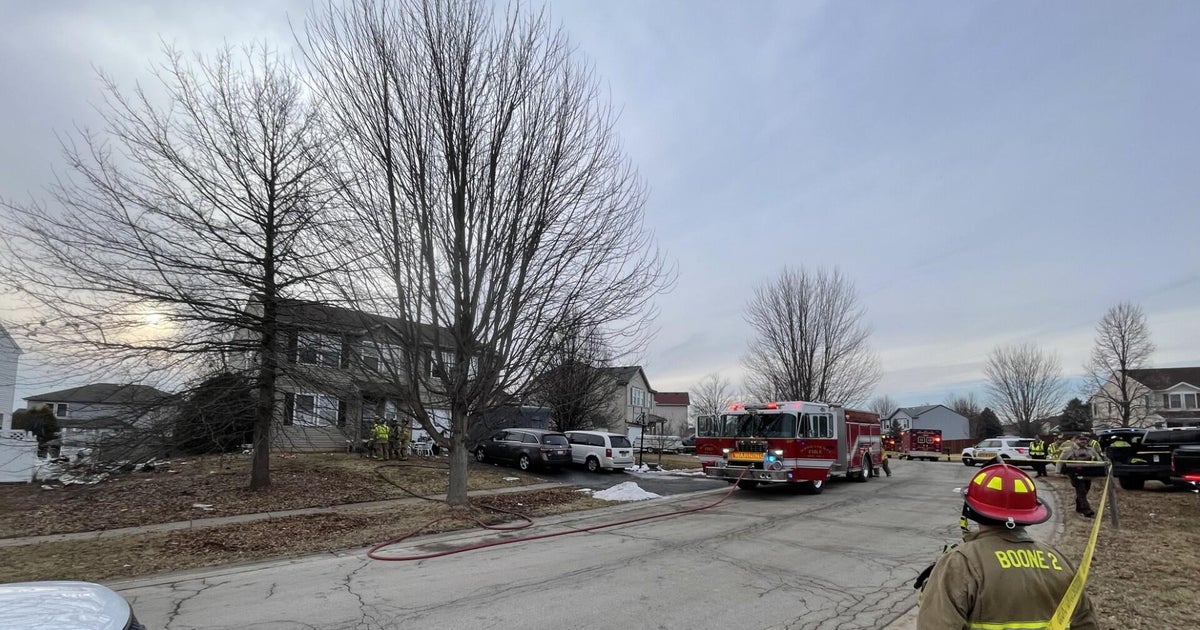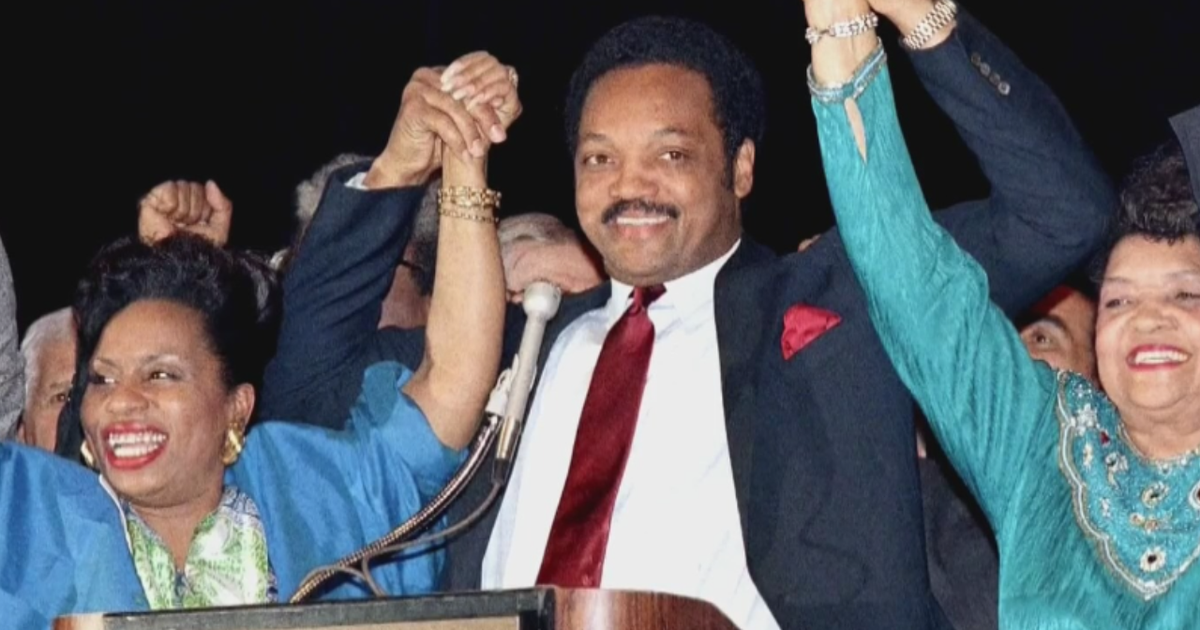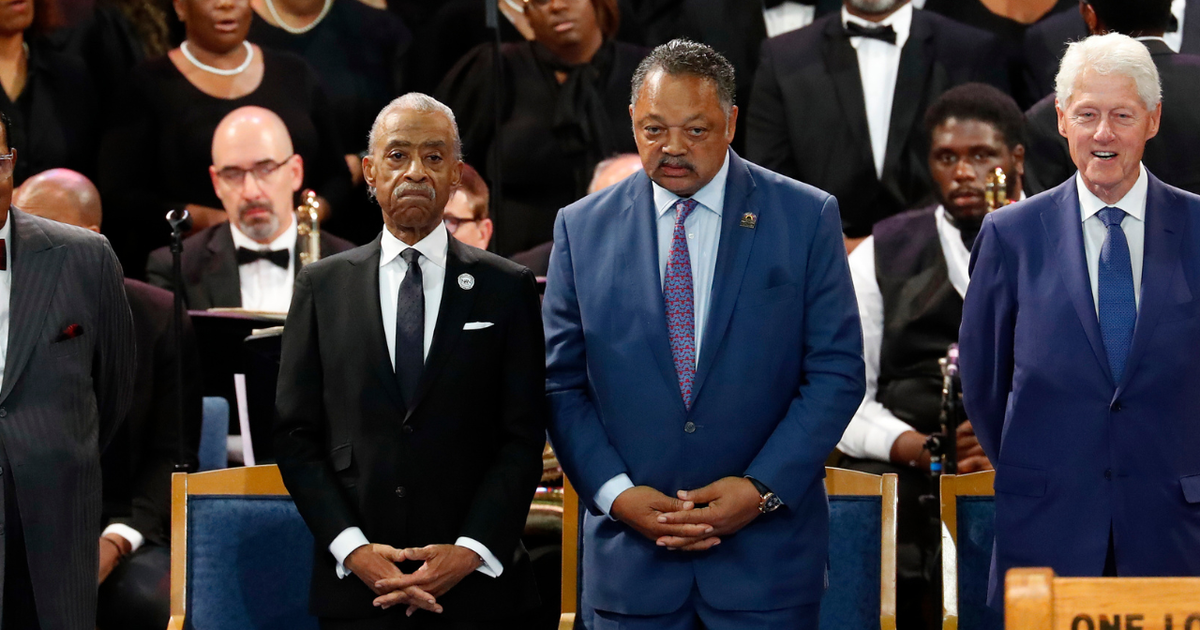Ted Stevens Among Dead In Alaskan Plane Crash
Ted Stevens, the longest-serving Republican senator in U.S. history who lost his seat after a corruption conviction that was later dismissed, was killed Tuesday in a small plane crash in Alaska. He was 86.
A family friend said Stevens was among five people killed in the crash in southwest Alaska.
In 1978, Stevens survived a Learjet crash in Anchorage that killed five people, including his first wife.
Over the years, Stevens became a political legend in Alaska. Affectionately nicknamed "Uncle Ted," he was named "Alaskan of the Century" in 2000 by the state legislature and the airport in Anchorage bears his name. Thanks to Stevens' long tenure and clout on Capitol Hill, Alaska earned substantial influence in national politics well beyond its small population.
However, Stevens was also known for his fiery temper, the career-ending corruption trial and championing the infamous "Bridge to Nowhere," a $400 million pork transportation project designed to link two remote islands.
Stevens, a moderate Republican, began his political career in 1964 when he was elected as a state representative, then served as House Majority Leader two years later. He was appointed to the U.S. Senate in 1968 to fill a vacant seat caused by the death Sen. Bob Bartlett. Two years later, Stevens won the seat in a special election, setting the stage for a four-decade run in the Senate.
In 2003, he rose to the office of president pro tempore, making him third in line for the presidency. However, he was replaced four years later by Robert Byrd after Democrats took back control of the Senate.
But his career would unravel in 2008, when Stevens was convicted of lying on Senate forms about home renovations and gifts he received from wealthy friends.
Last year, a federal judge dismissed the conviction after Justice Department lawyers were found to have repeatedly withheld evidence from defense attorneys and the judge during the monthlong trial.
Stevens may have been cleared but the case cost him the Senate seat that he had held for 40 years, after he narrowly lost to Democrat Mark Begich a week after the verdict. The loss derailed the career of the Senate's longest-serving Republican (Strom Thurmond served longer but was a Democrat until 1964).
The unraveling of the case overshadowed the facts of a trial in which Stevens was shown to have accepted thousands of dollars in undisclosed gifts.
On the witness stand, contractor Bill Allen said a mutual friend told him not to expect payment for Stevens' home renovations because the senator only wanted the bill to cover himself. It was damaging testimony that made Stevens look like a scheming politician trying to conceal his freebies.
But in the previously undisclosed meeting with prosecutors, Allen had no recollection of such a discussion. And he valued the renovation work at far less than what prosecutors alleged at the trial.
Despite the prosecutorial misconduct, the trial revealed that Stevens - regardless of Allen's discredited testimony - accepted a massage chair, a stained-glass window and an expensive sculpture but never disclosed them on Senate documents.
Born November 18, 1923, in Indianapolis, Theodore Fulton Stevens moved to California after his parents divorced before attending Oregon State for a semester in 1942. He then left college to join the Army Air Corps. From 1943 to 1946, Stevens flew in support of the Flying Tigers in Asia, earning several war medals, including a Distinguished Flying Cross.
After the war, Stevens got his bachelor's degree from UCLA and law degree from Harvard. He worked in the Washington, D.C., law offices of Northcutt Ely, where he handled the legal affairs of Emil Usibelli, the founder of Usibelli Coal Mine in Alaska. Stevens was later offered a job with one of Usibelli's attorneys in Fairbanks - paving the way for his political career in Alaska.
In 1978, Stevens survived a Learjet crash in Alaska that killed five people, including his wife Ann.
Stevens remarried in 1980 and is survived by his second wife, Catherine, and their daughter, Lily. He also leaves behind three sons - Ben, Walter, and Ted - and two daughters - Susan and Beth - from his first marriage.







